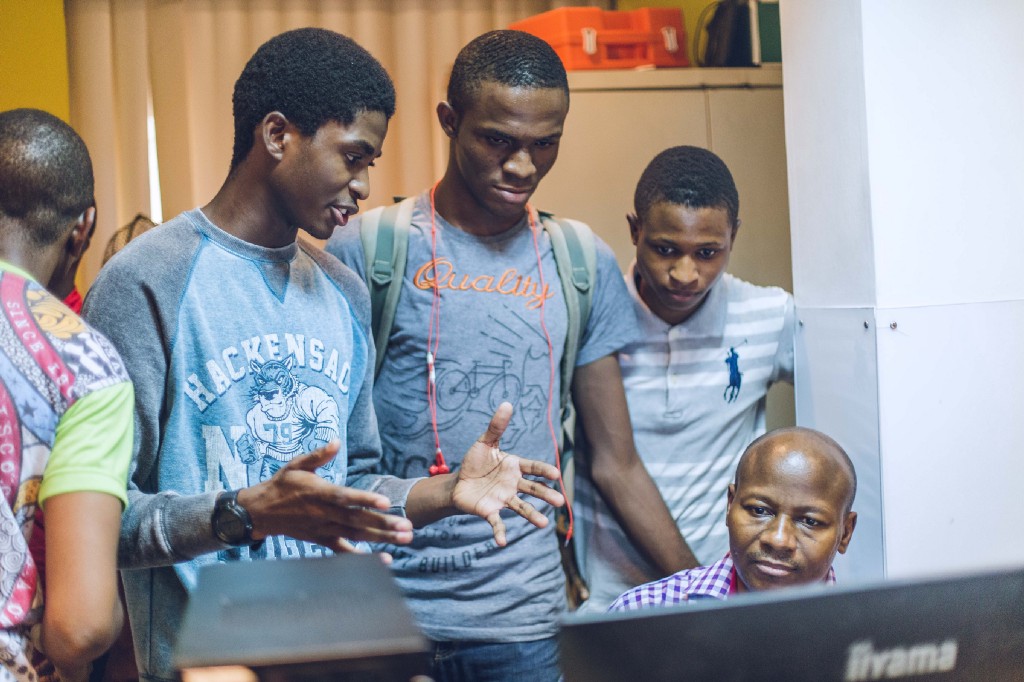Nigeria’s entrepreneurs are having better luck raising capital, and 40% of the funding is coming from outside Nigeria.
In a record year for African venture capital investment, Nigerian startups raised $73,000 on average this year, up from $57,000 in 2015, the Financial Times reports. Underpinning the upswell: consumer needs, for one.
Nigeria is Africa’s most populous country, with 186 million people. But 50% of Nigeria’s adult population has no access to formal financial services; nearly 50% lack access to electricity; and while 81% of Nigerians have a cell phone, only 53% have internet access. Venture capital and foreign investors are paying attention to startups addressing those service gaps:
- All On, backed by Shell, is working to galvanize foreign investment in Nigeria’s energy-focused startups (see above).
- Tizeti, a company building solar-powered wifi towers in Lagos, raised $2.1 million this year; its backers include the founders of Silicon Valley’s Y Combinator.
- Releaf, which connects agricultural buyers and sellers, was selected for Y Combinator, which comes with a $120,000 equity investment.
- U.S.-based Accion Venture Lab invested in Lidya, a fintech startup that helps Nigeria’s small businesses build credit and access finance.
Also driving the investment surge: The Nigerian government is providing incentives for renewable energy development.
Three new undersea internet cables will land in West Africa this year and next, with a combined data transfer capacity of more than 100 terabits-per-second. And the cost of smartphones has fallen by nearly half in three years.
Bosun Tijani, CEO of Nigerian startup incubator Co-Creation Hub, says “serious money” is hitting Nigeria’s startup sector. “There is now a critical mass of people who believe they can build a sustainable and successful business,” Tijani told the Financial Times.
An early-stage funding gap persists for startups looking for debt and equity investments in the $100,000 to $1 million range.











